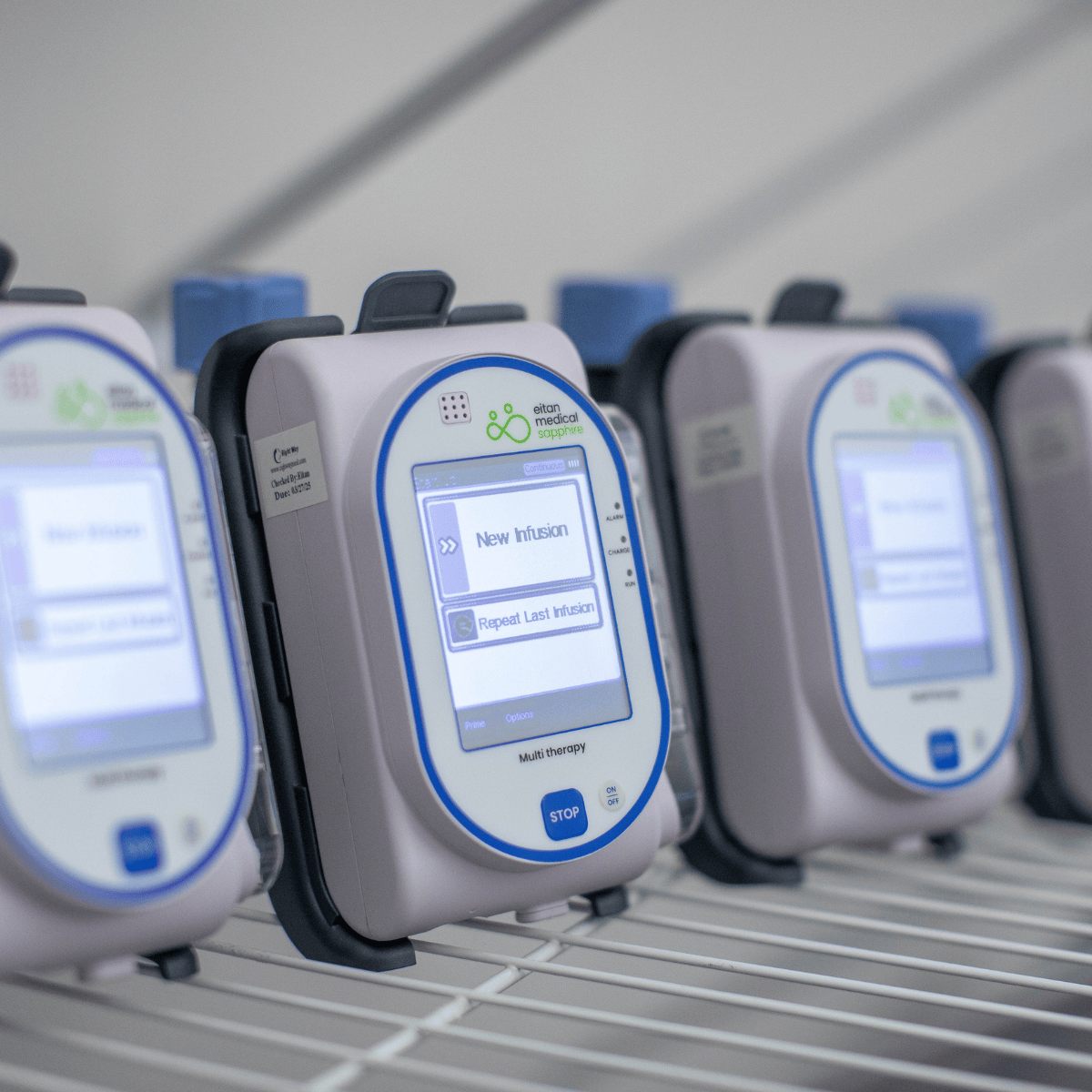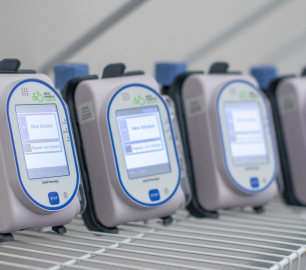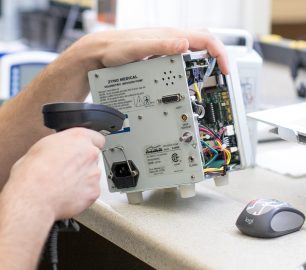What is a capital lease?
When it comes to leasing, think of an operating lease like renting and a capital lease like buying on a payment plan.
With a capital lease, the equipment is treated as if you’ve purchased it. This means it appears on your balance sheet as both an asset (something your business owns) and a liability (a debt). This gives you two key financial benefits: you can claim depreciation on the asset and deduct interest expenses from your taxes each year.
And here’s the best part: when the capital lease ends, you can usually buy the equipment for a small final payment, far less than its fair market value. This makes a capital lease an attractive option for businesses looking to eventually own the equipment they’re leasing.

The Financial Accounting Standards Board (FASB) says that a lease must be considered a capital lease if it meets any of these four conditions:
- The lease lasts for more than 75% of the asset’s expected useful life.
- Ownership of the asset transfers to the person leasing it at the end of the lease term.
- There’s an option to buy the asset at a bargain price at the end of the lease (as opposed to paying its full market value).
- The total of the lease payments, when discounted to their present value, is more than 90% of the asset’s fair market value.
LEASE ADVANTAGES:
Build ownership over time
Every payment you make brings you closer to fully owning the equipment.
Tax Benefits
Depreciation and interest deductions can reduce your tax bill.
Low cost at lease end
You can buy the equipment for a small fee after the lease ends.
LEASE DRAWBACKS:
Higher Payments
Monthly payments are usually higher than a simple rental.
Outdated Equipment
You may not be owning the newest model when your lease ends.
Liability on your balance sheet
The lease shows up as a liability (debt) on your financial records.
Is a Capital Lease Right for You?
A capital lease can be a good choice if you want to eventually own the equipment and take advantage of tax benefits along the way. However, if flexibility and lower monthly payments are more important to you, an operating lease might be better.
Not sure which option is right? Get in touch with us—we’re here to help you navigate your options and find the best fit for your business.



